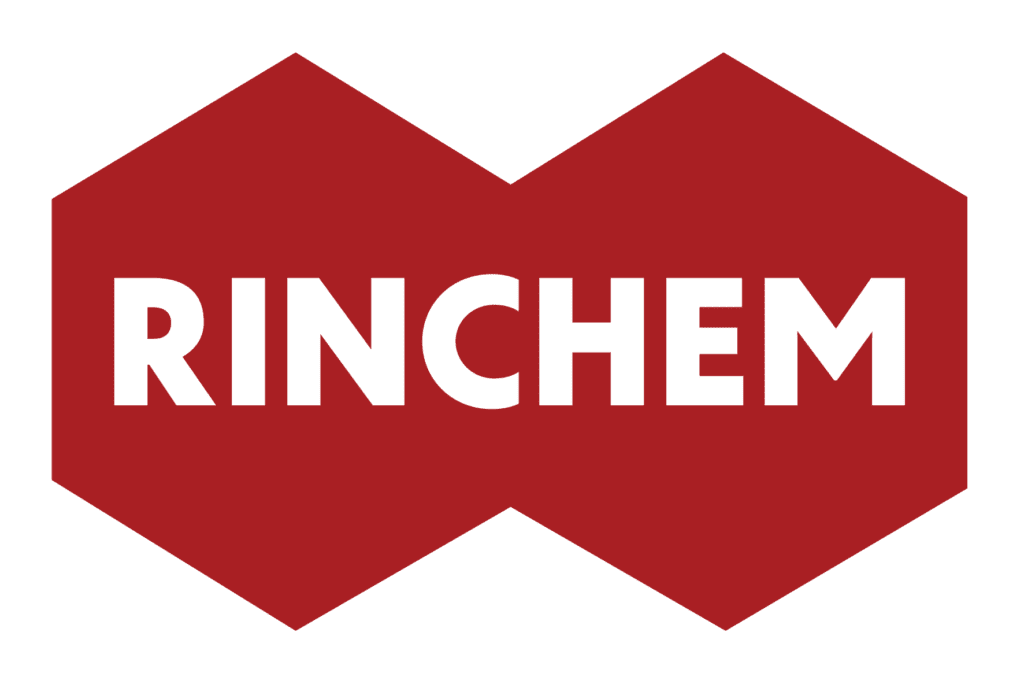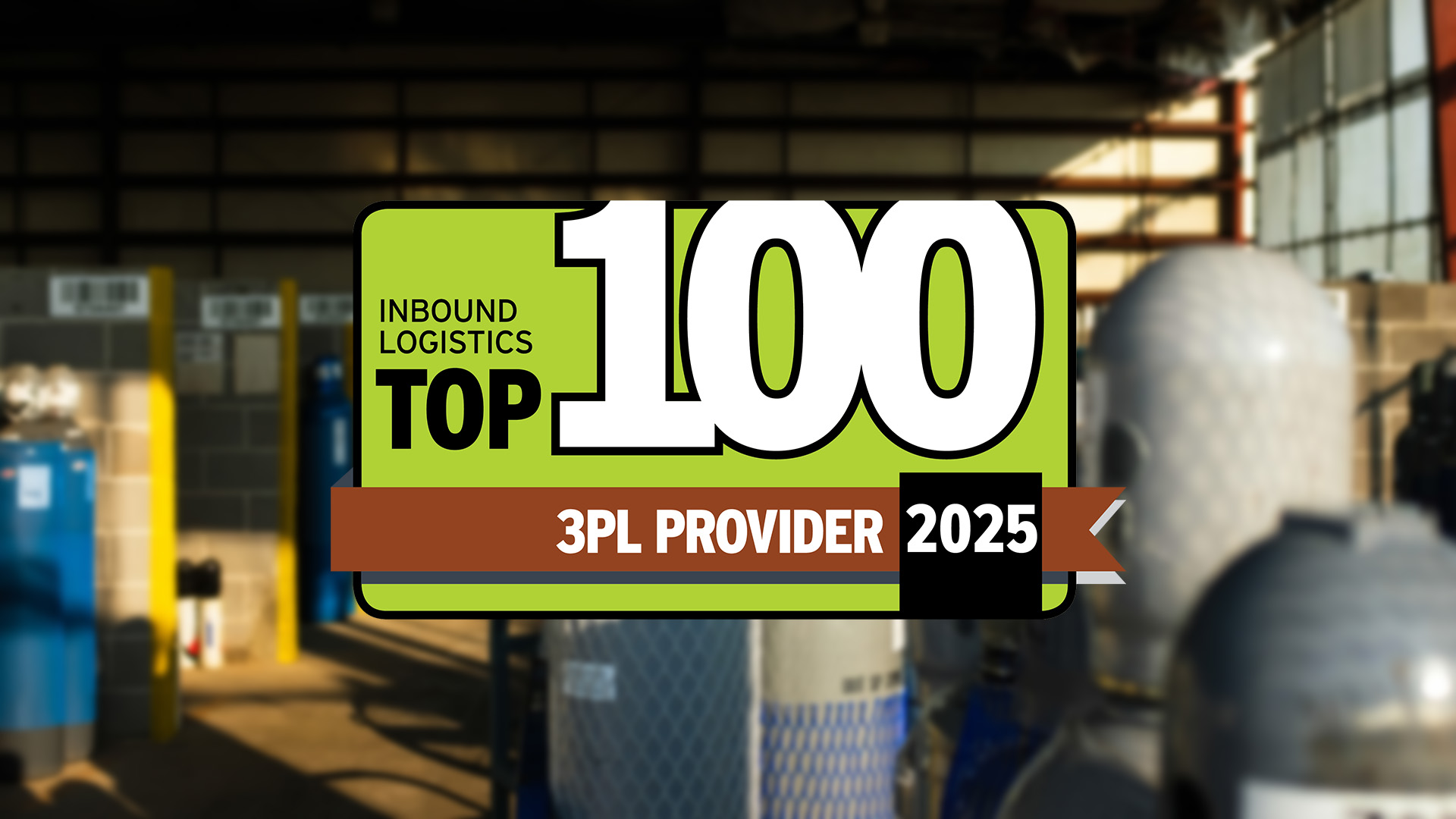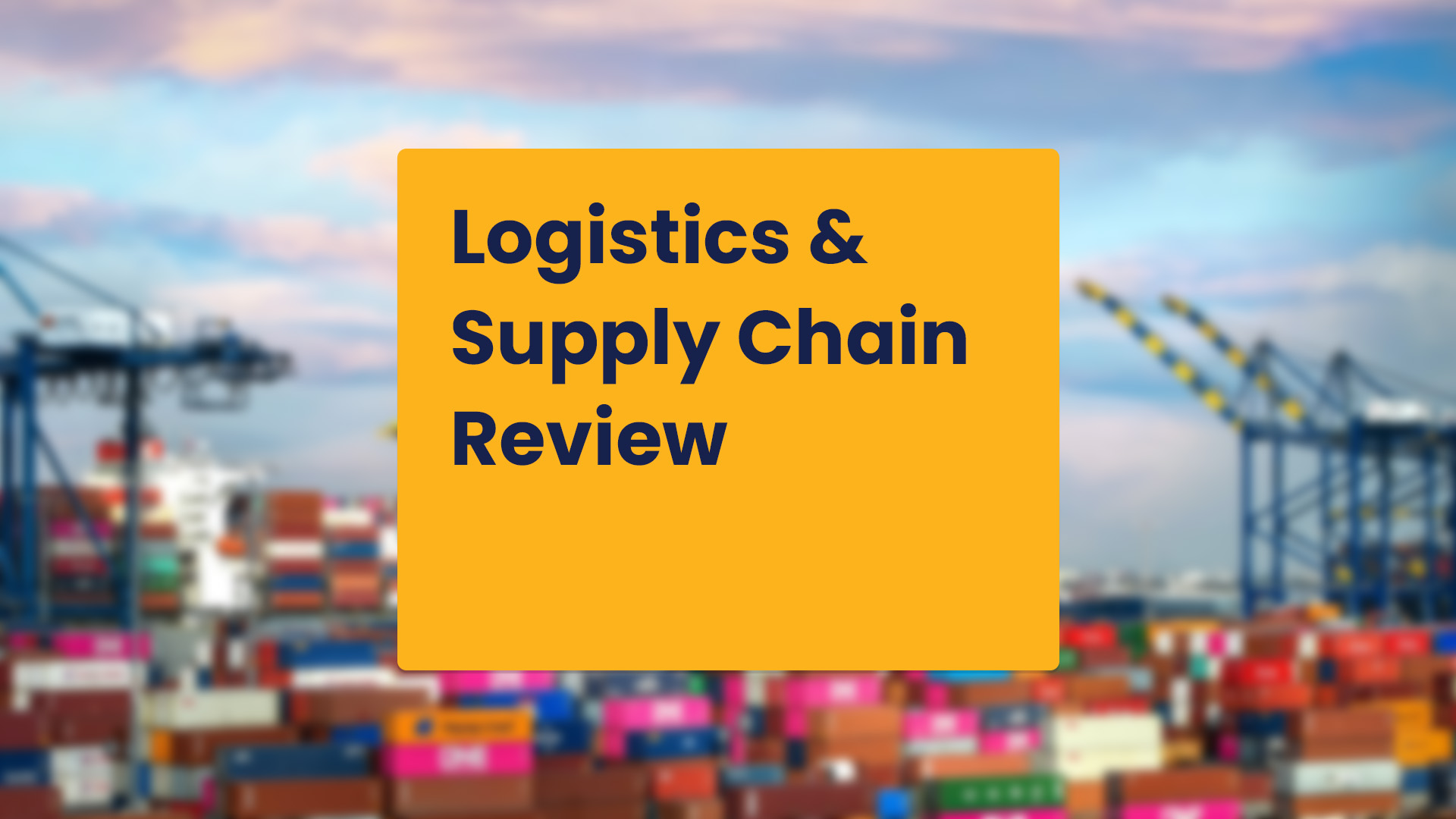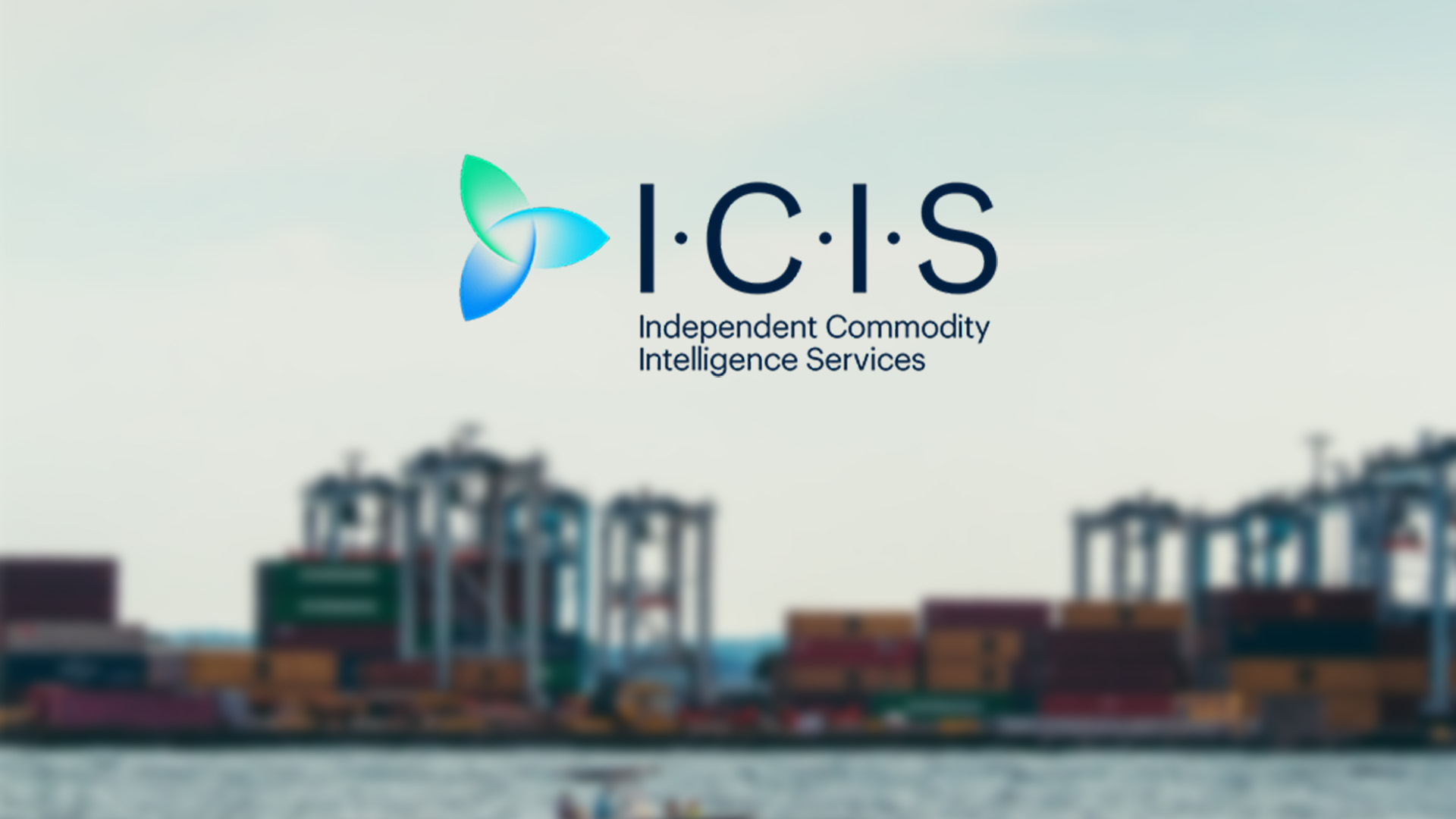One of the big questions to address when looking to transport dangerous goods in the semiconductor industry- should you use a brokerage or asset-based transporter?
When dealing with hazardous or dangerous goods within your supply chain, finding a partner you know that can get your products delivered safely and on-time is always a top priority.
Both asset and third-party logistic transportation have their advantages and disadvantages. In this article both asset carrier and 3PL are defined and we review the 3 key factors deciding which one is right for your business:
- Services & Reliability
- Flexibility & Adaptability
- Semiconductor Expertise & Compliance
What is an Asset Carrier?
With asset-based transportation, the company owns and operates the tractors, trailers, and fleet. They directly employ the drivers to move the freight as well as the equipment and tools.
Working with this type of carrier allows the customer to communicate directly with the transportation provider, which can provide a higher level of comfort and customer service. Many asset-based transportation carriers offer ancillary services like warehousing, distribution services, and other logistics needs.
What is a 3PL?
A brokerage, or 3rd Party Logistics Provider (3PL) does not own their equipment. A brokerage works with a large network of available and independently owned carrier fleets to book transportation.They rely upon their ability to maintain relationships with their service providers and are often able to negotiate rates for their customers. This provides a 3PL with the ability to route shipments to specific destinations based on the individual needs of the shipper. Additionally, a brokerage carrier often offers the flexibility to work with international freight forwarders, intermodal, or multimodal carriers, and more.
Three Key Factors in Choosing Asset vs. Brokerage Transportation
The supply chains within the semi-conductor industry are complex and as a result, they must continually weigh varying circumstances to choose the right carrier for each situation.

Rinchem operates asset-based carriers:
Freight brokerage:
GTO
1. Customer Services & Reliability
- Continuity of the assets and drivers
- Maintained standards of quality and service across their entire fleet
- Streamlined communication with a single point of contact
cons:
Asset carriers may not always offer the same level of flexibility and availability that comes with working with a brokerage
3PL: Customer service and reliability are the biggest concerns with brokering out your transport. Depending on the broker, there may or may not be a single point of contact. Because services are being provided by a variety of companies, there can be issues reaching the correct people to fix issues.
To combat these potential issues it's important to build a stable of brokers that you can trust.
2. Flexibility & Adaptability
cons:
For example, if a load needs to be picked up in Dallas but the closest asset truck is in Phoenix, this may require more logistical maneuvering.
-
Can make last-minute adjustments per customer requests
-
Offer drop trailer services for increased flexibility
-
Usually have a higher trailer to truck ratio so provides the luxury of leaving trailers with a shipper to be picked up later
-
Not being limited by region or timing
-
Networks of partners with the right equipment in the right area
-
More likely to execute last-minute expedited shipment needs
cons:
Brokerages will be the more flexible option but for that flexibility you will not have any white glove or advanced customer service you’ll find with an asset carrier.
3. Industry Expertise & Compliance

Rinchem’s asset carrier program:
- Temperature-controlled trailers
- Utilizes sophisticated technology that allows us to monitor the climate in real time and adjust remotely
- Holds our equipment and drivers to strict safety standards
- Makes sure that drivers all have the proper licensing (i.e. Hazmat certifications) to be able to transport certain material.
3PL: While a 3PL may not own their own trucks, that doesn’t mean that they don’t have access to carriers who fit the same standards for the semiconductor industry. Brokerages will use their experience with carriers on past shipments to ensure they consistently live up to the necessary standards.
With hazmat material, there are only certain carriers and drivers who can move these types of loads. This requires the 3PL to track the authority status and insurance levels of every carrier. Be cautious as not all brokers can operate at this level.
Finding a Carrier That Offers Both 3PL and Asset-Based Transportation
Choosing a transportation partner that’s right for you comes down to the services your supply chain requires and its relationships. There is a high probability that supply chains within the semiconductor industry will require both types of transportation at one point or another. In terms of which one provides you the most value may depend on how you define it. The real key is finding a carrier you can trust to get the job done right, on-time, and safely.
While it’s uncommon to find a carrier that offers both asset and brokerage transportation, this can provide you with a single point of contact who can stand by their promises and can get what you need done. For Rinchem’s varying transportation options, our goal is to ensure the customer receives the same excellent level of service no matter what name is on the side of the truck. Ultimately, Rinchem has the resources to find the most efficient option that fits our customers’ needs.
Get more articles like this in your inbox
Sign up for our monthly newsletter
Find more articles



